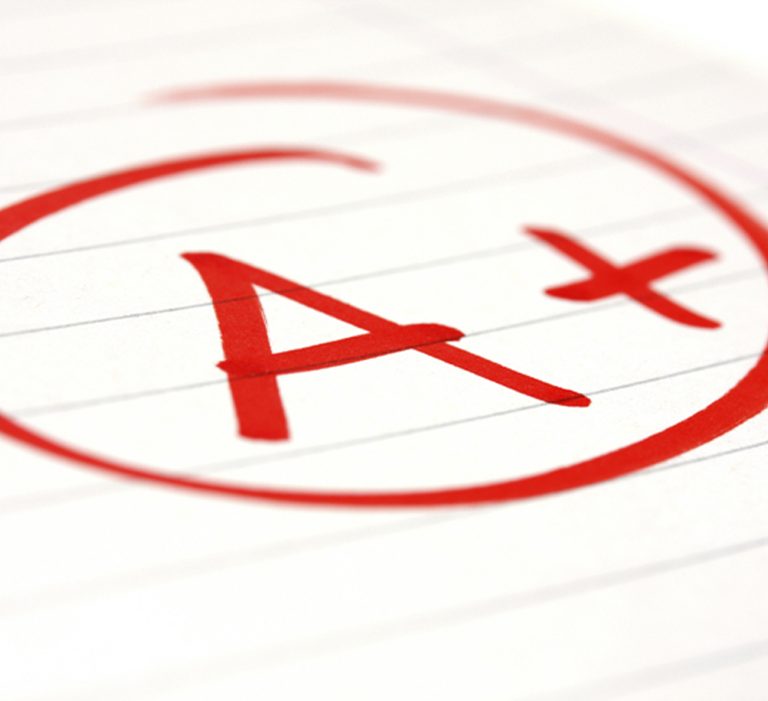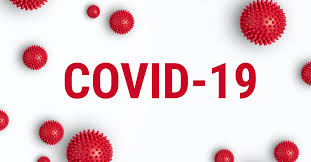Intelligence is not the same thing as academic achievement. Actually, it’s not uncommon for students to be unable to translate their intelligence into good grades at school. But why?
Well, let’s back up and second and unpack what intelligence is. Think of the brain as like a computer. The fleshy mass of grey and white matter would be all the hardware – the monitor, the keyboard, the circuitry. The different software that runs on the computer to make it work are what psychologists call cognitive processes. Humans have a cognitive process for things such as making sense of visual information, verbal information, attention, memory, and planning and organising (and much more). Each of us have unique strengths and weaknesses in our cognitive processes. Intelligence is how well those cognitive processes work together to help us understand new information from different sources, and to quickly adapt it to help us solve the problems that life throws at us.
School is an environment that provides students the opportunity to experience lots of new information. To be able to learn in a classroom, students need to: ignore the sights and sounds of dozens of other students in the classroom; to listen at length to the teacher talking; to remember instructions; to keep track of personal belongings; to switch attention between the worksheets and the whiteboard; to retrieve previously learnt information from memory stores and apply it to the questions being asked; to manage time efficiently to get everything done; to figure out how to best finish the work assigned; and to do all of this simultaneously. Phew! That’s a lot of conditions just to be able to learn in a classroom!
Sometimes the patterns of strengths and weaknesses in our cognitive processes are a good match to these classroom demands, and students find learning in the classroom environment fairly straightforward. When a student struggles in school, this can indicate a mismatch between a person’s pattern of cognitive strengths and weaknesses and the learning environment. This means that the student’s intelligence isn’t being used to its maximum potential, and it can negatively impact their joy of learning..
For example, a student with a mismatch between their attentional processes and the classroom demands might find that they get distracted by the conversation around them or even just a cool idea or thought, just as the teacher says something crucial. Another student with a mismatch between their working memory processes and the classroom demands might find that they forget the first bit of a very long instruction, or forget where they put their worksheet from last week, or need a scrap bit of paper to write on to work things out.
Okay, so if good grades and intelligence aren’t the same thing, now what? If a student is struggling, one way to help maximise their learning potential and improve their experience of school is to adapt the learning environment to better suit the student’s cognitive strengths and weaknesses. Psychologists can help this process. There are specially trained psychologists who use standardised cognitive assessments to help understand the student’s unique pattern of cognitive strengths and weaknesses, and project how this profile might affect their ability to learn at school. These psychologists use this information to help create strategies to adapt the learning environment in a way that draws on a student’s cognitive strengths.
Good grades and intelligence aren’t the same thing, and there are options to help if a student is struggling at school. If you’re concerned about your child’s academic performance, you may want to discuss with your child’s teacher or doctor if it is appropriate to see a qualified psychologist for a cognitive assessment.
28thMay 2018 Alexandra Sherriff, Clinical Psychologist Registrar, Elizabeth Clinic.



